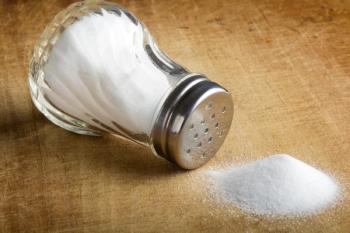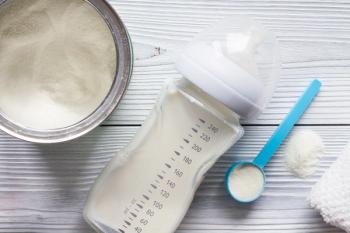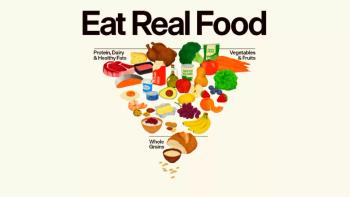
FDA implements increased flexibilities for foreign importation of infant formula
This week, the agency announced it is encouraging importation of infant formula from usually unutilized foreign means in hopes of increasing access to the product in the wake of the country-wide shortage.
The FDA this week released a statement encouraging foreign importation of infant formula to the United States, among other flexibilities to help increase access to the much-needed product.
While the United States normally produces 98% of the infant formula the country consumes, other import sources traditionally come from trading partners in Mexico, Ireland, and the Netherlands. However, considering the increased shortage in infant formula seen across the country, the US Food and Drug Administration (FDA) has outlined a new process that the agency will use to allow importation of certain infant formula products intended for a foreign market or products manufactured in the United States usually for export. In the statement, the agency wrote that these flexibilities may help further increase access to formula products in the country.
Companies hoping to take advantage of the new flexibilities are encouraged to submit information to the FDA for quick evaluation of the product to assess its safety and nutritional value. This evaluation will include product labeling, nutritional adequacy information, safety testing, and facility inspection history, according to the statement. Additionally, the FDA intends to prioritize submissions that can demonstrate these points and have the largest volume of product available and those who can get product onto shelves the quickest.
Along with these recently announced flexibilities, the agency has also implemented a process streamlining the importation of infant formula at country ports so that products coming from abroad can more quickly be dispersed. As a result, the FDA wrote that more formula has come into the US.
This statement comes on the heels of the announcement reporting the potential reopening of Abbott Nutrition’s Sturgis, Michigan, facility, after its initial closure in February.
Only facilities experienced in and already making nutrition products are in a position to produce formula products that would not pose “significant health risks to consumers,” according to the FDA.
“Today’s action paves the way for companies who don’t normally distribute their infant formula products in the US to do so efficiently and safely,” said FDA Commissioner Robert M. Califf, MD, in the statement. “We are hopeful this call to the global market will be answered and that international businesses will rise to the occasion to assist in bolstering the supply of products that serve as the sole source of nutrition for many infants. With these flexibilities in place, we anticipate that those products that can quickly meet safety and nutrition standards could hit US stores in a matter of weeks.”
Reference:
FDA encourages importation of safe infant formula and other flexibilities to further increase availability. FDA. Published May 16, 2022. Accessed May 17, 2022.
Newsletter
Access practical, evidence-based guidance to support better care for our youngest patients. Join our email list for the latest clinical updates.






